Bangkok, 5 Rabiul Akhir 1434/15 February 2013 (MINA) – A pre-dawn raid on a Thai military base ended with 16 Muslim fighters killed on Wednesday in the deadliest violence in the country’s south in nine years, marking a dangerous escalation in one of Asia’s least-known conflicts.
Acting on a tip-off, marines lit flares and opened fire as up to 60 insurgents wearing military fatigues approached the base at about 1 a.m. in Narathiwat province on the Malaysian border, said Internal Security Operations Command spokesman Pramote Phromin.
He revised the death toll to 16 from an earlier 17. None of the Thai military defenders of the base was hurt, he said, according to www.newsdaily.com reports monitored by Mi’raj News Agency (MINA), Friday.
Violence is common in Thailand’s south, but the scale of the attack and targeting of a marine base illustrate the difficulty Buddhist-majority Thailand faces in preventing the low-intensity Muslim in-surgency from turning into a more dangerous conflict.
Although there is no indication of the fighting spreading beyond the provinces of Pattani, Yala and Narathiwat, just a few hours’ drive from some of Thailand’s most popular tourist beaches, Prime Minister Yingluck Shinawatra appears powerless to quell the almost daily gun fights and bomb attacks.
‘It was only going to be a matter of time before this type of incident happened,’ said Anthony Davis, a Thai-based analyst at security consulting firm IHS-Jane’s.
‘The insurgents have been moving towards larger attacks on military bases since 2011. At the same time, there has been more pro-active security intelligence work.’
Southeast Asia’s Image of Stability
The violence comes as Southeast Asia seeks to present an image of stability to foreign investors who have poured into its financial markets. The Philippines government signed in October a pact with the country’s largest Muslim rebel group. Long-running communal conflicts in Indonesia have mostly abated in recent years.
A 2011 election in Thailand ushered in a period of relative stability after more than five years of sometimes-deadly street protests. Its economy is flourishing and its stock market was one of the world’s best performers last year, rising 36%.
Wednesday’s death toll was the biggest since security forces stormed a mosque, known as the Krue Se mosque, in 2004, killing 32 Muslims in a raid that intensified the insurgency.
Since then, more than 5 300 people have been killed in the three provinces of Pattani, Yala and Narathiwat where insurgents are seeking greater autonomy.
About 94% of the region’s 1,7 million people are Muslim, the main religion in neighbouring Malaysia and in nearby Indonesia, and about 80% of them speak a Malay dialect as a first language, according to a 2010 survey by the Asia Foundation.
In recent weeks, attacks have appeared bolder. Five soldiers were killed by suspected insurgents on Sunday.
That followed a spate of attacks on civilians, including one this month in which four fruit traders from outside the region were found shot dead with their hands and legs bound.
Most believe the attacks are organised by the Barisan Revolusi Nasional (BRN) Coordinate, an off-shoot of the Patani Malay National Revolutionary Front established in the 1960s to seek independence.
Another group, the Patani United Liberation Front (PULO), publicly calls for a separate state.(T/P09/E1).
Mi’raj News Agency (MINA)
Also Read: UN Experts Warn Right Violations in Kashmir by Indian Authorities






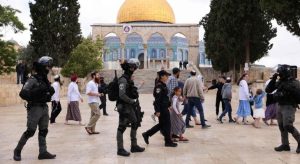
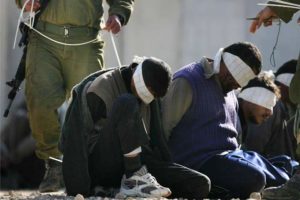

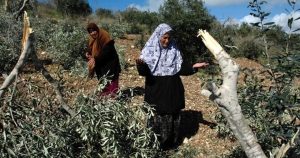

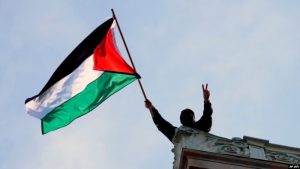

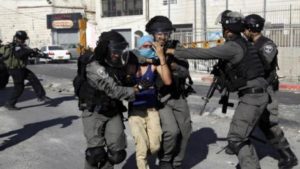












 Mina Indonesia
Mina Indonesia Mina Arabic
Mina Arabic